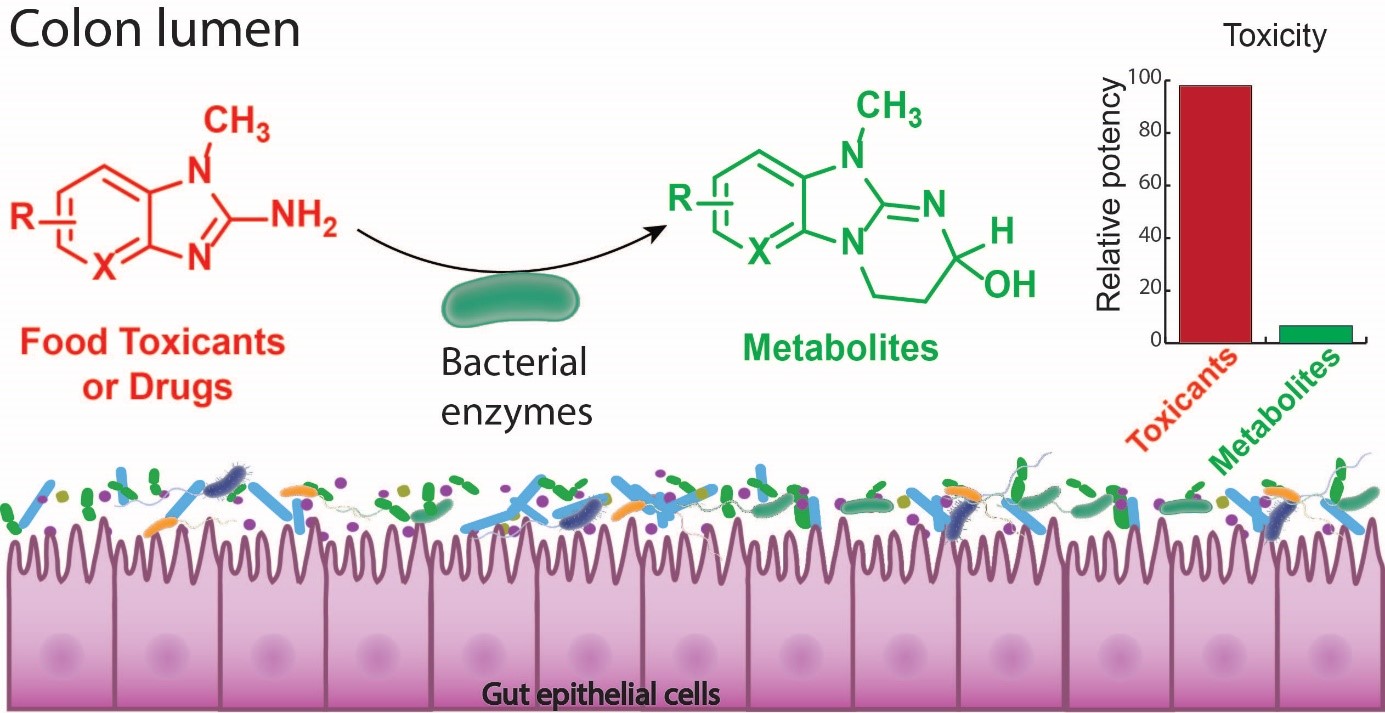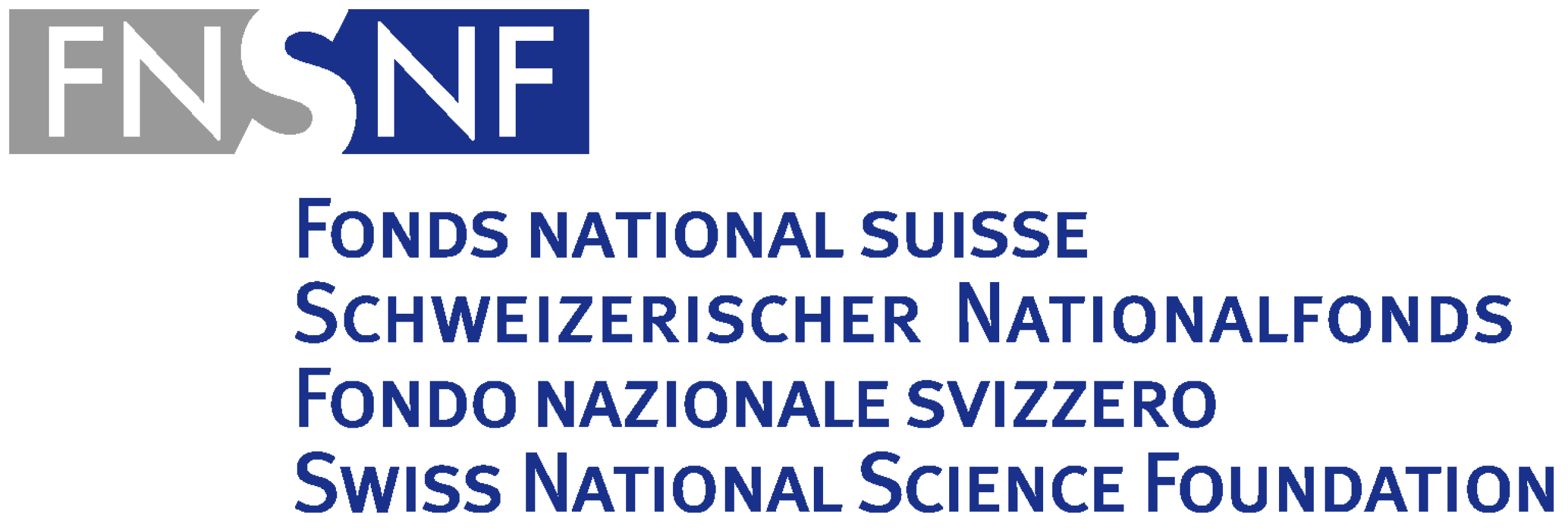Role of Gut Microbiota in Chemical Toxicity
The human gut is home to a diverse community of microbes that can block or promote toxic effects of chemicals from foods, drugs, and the environment. Toxicants from the diet, such as heterocyclic amines in the well-cooked meat can be mutagenic and carcinogenic after metabolic activation. To understand how gut microbiota affect the bioavailability and toxicity of toxicants, we are collaborating with Prof. Dr. Christophe Lacroix and Dr. Clarissa Schwab at Laboratory of Food Biotechnology ETH Zürich to screen a number of commensal gut bacteria for executing biotransformation of food toxicants and confirm the transformation with complex human gut microbial community. We then apply different analytical methodologies to identify the structure of metabolites and different toxicological assays to evaluate their toxicity and bioavailability.


Representative publications
- Zhang, J., Empl, M. T., Schwab, C., Fekry, M. I., Engels, C., Schneider, M., Lacroix, C., Steinberg, P., and Sturla, S. J. (2017) Gut microbial transformation of the dietary imidazoquinoxaline mutagen MeIQx reduces its cytotoxic and mutagenic potency. Toxicological Sciences, 159(1), 266-276. DOI
- Fekry, M. I., Engels, C., Zhang, J., Schwab, C., Lacroix, C., Sturla, S. J., and Chassard, C. (2016). The strict anaerobic gut microbe Eubacterium hallii transforms the carcinogenic dietary heterocyclic amine 2-amino-1-methyl-6-phenylimidazo[4,5-b]pyridine (PhIP). Environ. Microbiol. Rep. 8(2), 201–209. external page DOI
- Engels, C., Schwab, C., Zhang, J., Stevens, M., Bieri, C., Ebert, M.-O., McNeill, K., Sturla, S., Lacroix, C. (2016). Acrolein contributes strongly to antimicrobial and heterocyclic amine transformation activities of reuterin. Sci. Rep. 6, 36246. external page DOI
